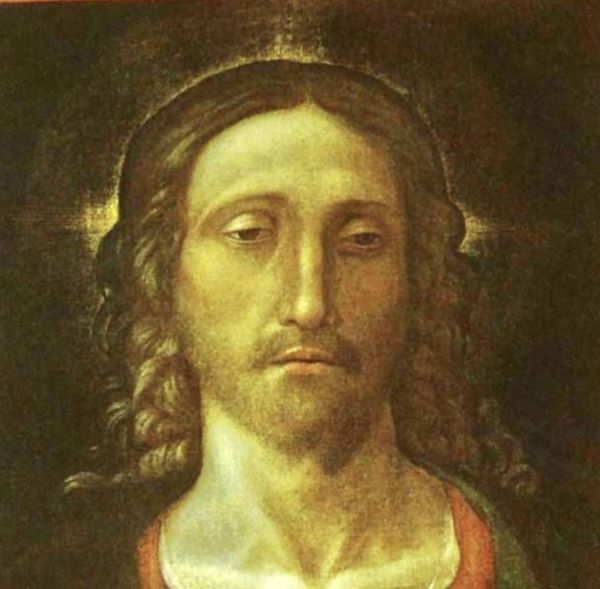In this Gospel passage from Luke, in which the end of Jesus and the fulfilment of His work is foretold, we witness Him weeping over Jerusalem, the proverbial city that stoned and killed the prophets.
Looking in the Sources we report a particular episode of the Poor Man.
One night Francis had a dream that almost recalled Jesus' lament over Jerusalem.
Christ had wept over the holy city, which was responsible for the killing of prophets (and for stoning those sent to it) whose price would be a house left deserted.
Unity betrayed and vilified would have generated squalor and abandonment.
The saint therefore "saw a small and black hen, similar to a domestic dove, with legs and feet covered in feathers.
She had many chicks, which, no matter how much they circled around her, could not all gather under her wings.
When she awoke, the man of God resumed his thoughts and personally explained the vision.
"The hen," he commented, "is me, small in stature and dark in complexion, and I must unite to the innocence of life a simplicity of a dove: a virtue, which the rarer it is in the world, the more swiftly it rises to heaven.
The chicks are the friars, grown in numbers and grace, whom the strength of Francis is unable to protect from the disturbance of men and the attacks of malignant tongues'" (FF 610).
This is why the Minim placed the Order under the protection of the Church, since for him following Christ meant walking in the footsteps of the Bride of the Lord.
The Poverello had special solicitude for his brothers, striving to keep them in the bond of unity, for which Christ became the sacrificial Lamb, sacrificed for the salvation of all the people.
Indeed, in the Letter to the Faithful, he expresses himself thus:
"The will of his Father was this, that his blessed and glorious Son, whom he gave us and was born for us, should offer himself, through his own blood, as a sacrifice and victim on the altar of the cross, not for himself, since through him all things were created, but in atonement for our sins, leaving us the example so that we might follow in his footsteps" (FF 184).
In love with Christ in everything, even in the infirmities that afflicted him Francis wanted to follow the Lord's poverty and example.
"So vivid was his love for the salvation of souls, and his thirst to win them to God, that, no longer having the strength to walk, he went about the country riding a donkey.
Often the brethren, with gentle insistence, invited him to restore his infirm and too weak body a little, with medical care, but he, who had his spirit continually turned to heaven, declined the invitation each time, since he only wished to be untied from his body to be with Christ" (FF 490).
Thus he used his "brother donkey", borrowed for the journey to La Verna and his return through Borgo San Sepolcro, united in the meekness they shared.
Thursday 30th wk. in O.T. (Lk 13,31-35)












